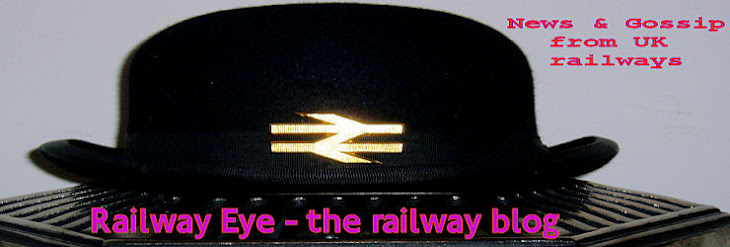Exciting news from somebody nobody voted for!
Today, the Council and the European Parliament agreed on a
new framework for railway traffic in Europe in the shape of a recast of
the first railway package. This will bring about improved conditions
for the European railways.
In this context, Minister for Transport Mr Henrik Dam Kristensen says (Who he? Ed):
"I am pleased that we agreed on a new and better framework for railway traffic in Europe today
.
"With the agreement, we have taken an important step towards developing the European railway.
"I expect the new rules to engender more passengers and
more goods transport by rail in Europe. An efficient railway sector
benefits both citizens and businesses alike and is an important piece of
the puzzle in terms of strengthening growth in Europe".
"More goods transport by rail". Eh?
Perhaps Hans Kristensen Andersen needs to have a word with our very own Price-is-Right of the ORR?
UPDATE: This from Globetrotter...
Have just caught up with your latest piece on the Recast of the First Railway Package, and more particularly the heading comment ‘who nobody voted for’.
I think you will find that the residents of southern Jutland did indeed vote for Henrik Dam Kristensen, who as Minister of Transport in the Danish parliament currently holds the rotating presidency of the Council of Ministers in terms of transport policy.
And of course, the latest agreement is between the Council (all elected ministers in their respective governments) and the Parliament (all directly elected MEPs), rather than the ‘unelected bureaucrats’ of the European Commission (or more accurately DG-Move) who simply did the leg-work in preparing the initial draft for the recast.
Methinks that your correspondent should consider getting an updated version of the ‘ABC Guide to Tripartite European Institutions’ (I'll be sure and buy a copy immediately after casting my vote in the In/Out Referendum. Ed).
PS: Quite what Messrs ORR-Price, McNulty & Co will make of the Recast will, of course, be very interesting to see.










